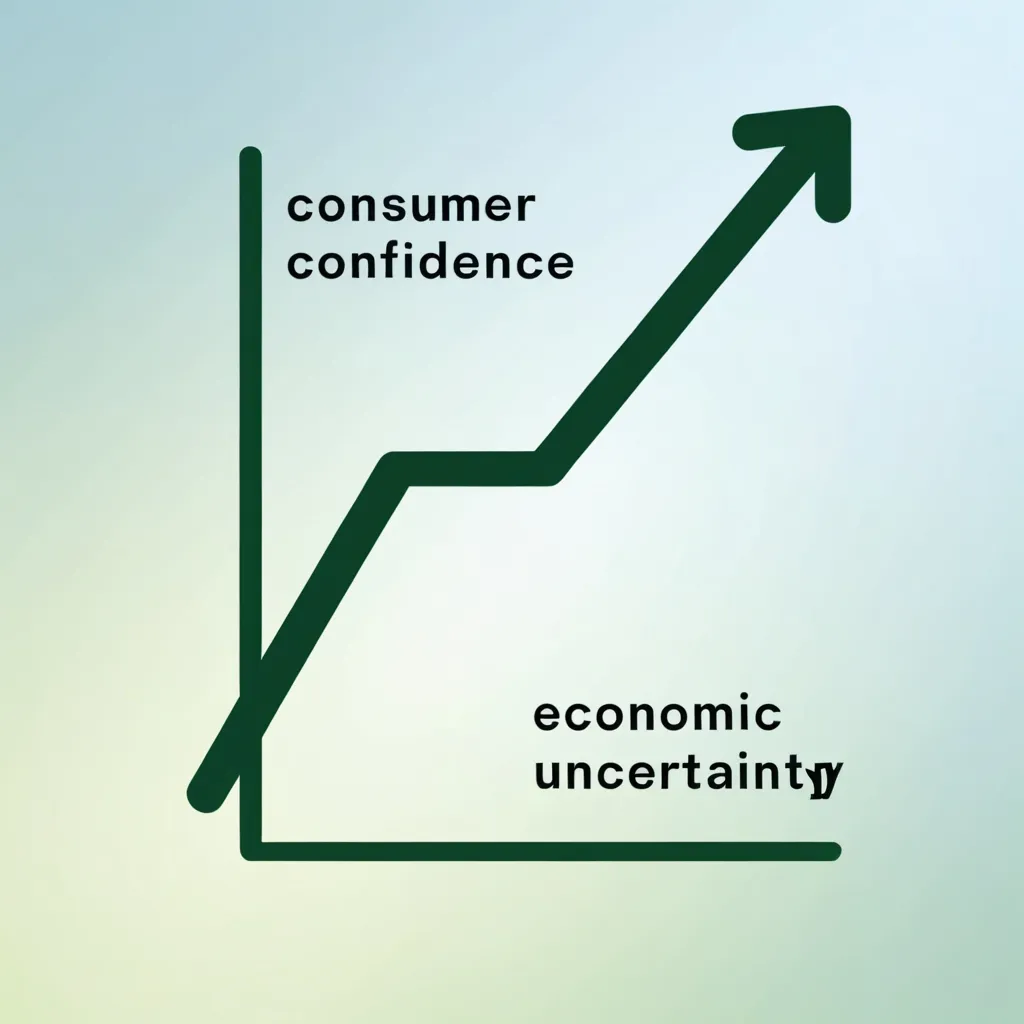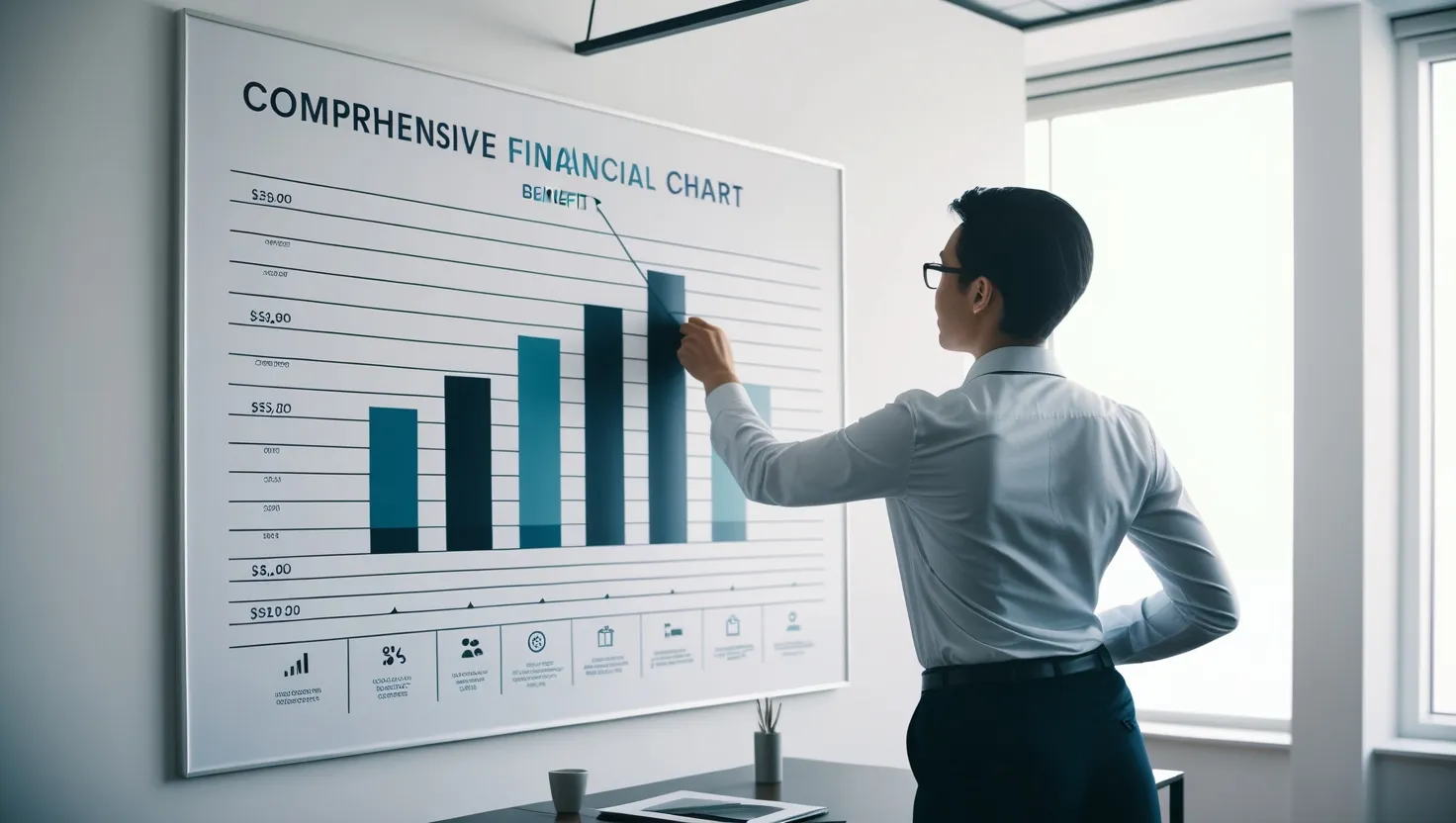Inflation is often described as a silent thief, quietly eroding the value of your money over time. But how does it really affect your wealth, and what can you do to protect it? Let’s dive into the lesser-known aspects of inflation and explore some practical strategies to help you navigate these economic waters.
The Wealth Effect of Inflation
When inflation rises, it doesn’t just affect the prices of goods and services; it also redistributes wealth in significant ways. For instance, unexpected inflation can erode the real value of both your savings and your debt. This means that if you’re a saver, inflation is essentially reducing the purchasing power of your money. On the other hand, if you’re a borrower, especially with fixed-rate loans, inflation can work in your favor by reducing the real value of your debt.
Imagine you have a mortgage with a fixed interest rate. As inflation increases, the value of the money you owe decreases, making your loan cheaper in real terms. However, if you have savings in a fixed-rate savings account, the same inflation will reduce the purchasing power of those savings. This redistribution of wealth can have a substantial impact on your financial decisions and overall well-being.
Asymmetric Awareness
Interestingly, many people are more aware of how inflation affects their savings than how it affects their loans. For example, a significant percentage of people understand that inflation hurts fixed-rate savings products, but far fewer realize that it benefits those with fixed-rate loans. This asymmetric awareness can lead to suboptimal financial decisions.
If you’re aware of the wealth effects of inflation, you might adjust your consumption and debt choices accordingly. For instance, knowing that inflation reduces the real value of your debt could make you more comfortable taking on debt for investments or large purchases. Conversely, understanding that inflation erodes savings might prompt you to seek out inflation-protected savings options or invest in assets that historically perform well during inflationary periods.
Impact on Different Wealth Brackets
Inflation doesn’t affect everyone equally. The wealthy often have the resources to weather inflation better than the working class. High earners can invest in a variety of assets such as stocks, real estate, and entrepreneurial ventures, which can increase in value during inflationary periods. They also have access to tax shelters and professional financial advisors who can help them hedge against inflation.
On the other hand, low-wage earners are hit hard by inflation. They spend a larger portion of their income on basic necessities like groceries and housing, leaving little room for savings or investments that could protect them from inflation. For these individuals, inflation acts like a regressive tax, reducing their purchasing power and making it harder to make ends meet.
The Middle Class Perspective
While the media often focuses on the negative aspects of inflation, there’s an argument to be made that inflation can actually benefit the middle class in certain ways. Over the past few decades, inflation has contributed to significant growth in median household wealth, particularly through the appreciation of real estate and the reduction in the real value of debt.
For example, if you own a home, inflation can increase its value over time, making you wealthier in real terms. Similarly, if you have a mortgage, the real value of your debt decreases as inflation rises. However, it’s crucial to balance this with the fact that inflation also erodes the value of liquid assets like savings accounts.
Practical Strategies to Protect Your Wealth
So, what can you do to protect your wealth from the erosive effects of inflation?
Invest in Inflation-Protected Assets
Investing in assets that historically perform well during inflationary periods can be a smart move. This includes real estate, stocks in companies that produce essential goods, and commodities like gold or oil. These investments can help your wealth keep pace with or even outperform inflation.
Use Inflation-Indexed Savings Products
Some savings products, such as Treasury Inflation-Protected Securities (TIPS) or inflation-indexed savings accounts, offer returns that are adjusted for inflation. These products ensure that the purchasing power of your savings is not eroded over time.
Adjust Your Debt Strategy
If you have debt with fixed interest rates, consider taking advantage of the wealth effect of inflation. However, if you’re planning to take on new debt, it might be wise to opt for variable-rate loans that could benefit from future decreases in interest rates.
Build an Emergency Fund
Having an emergency fund is crucial, especially during periods of high inflation. This fund should be large enough to cover several months of living expenses and should be kept in liquid, inflation-protected assets.
Diversify Your Income
Diversifying your income streams can help you weather inflation better. This could include starting a side business, investing in dividend-paying stocks, or pursuing additional education to increase your earning potential.
The Role of Awareness and Education
Understanding how inflation affects your wealth is the first step in protecting it. Many people are unaware of the wealth effects of inflation and how it impacts their financial decisions. By educating yourself on these topics, you can make more informed choices about your savings, investments, and debt.
For instance, if you’re aware that inflation reduces the real value of your debt, you might be more inclined to invest in assets that could appreciate in value over time. Similarly, knowing that inflation erodes savings could prompt you to seek out higher-yielding savings options or invest in assets that are less affected by inflation.
Conclusion
Inflation is a complex and multifaceted economic phenomenon that affects different people in different ways. While it can be a challenge for many, especially those living paycheck to paycheck, it also presents opportunities for those who understand its wealth effects.
By being aware of how inflation impacts your savings, debt, and investments, you can make strategic financial decisions that help you protect and grow your wealth. Whether you’re a saver, a borrower, or an investor, understanding the nuances of inflation can be a powerful tool in your financial arsenal.
So, the next time you hear about rising inflation rates, remember that it’s not just about higher prices; it’s about how you can navigate these changes to come out stronger on the other side. Stay informed, stay adaptable, and always keep a keen eye on how inflation is secretly eating away at your wealth—and what you can do about it.






